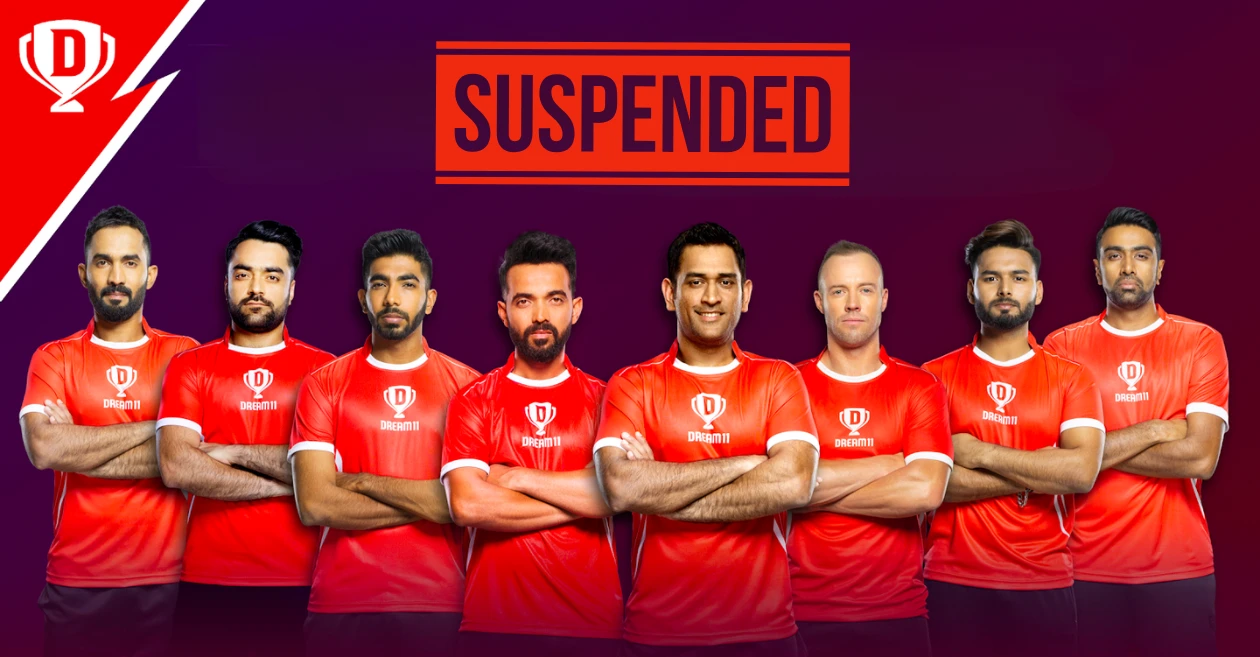Table of Contents
In a dramatic shakeup for India’s booming online gaming sector, top fantasy sports and skill-gaming platforms—including Dream11, Zupee, Mobile Premier League (MPL), My11Circle and Probo—have announced the suspension or complete shutdown of their real-money gaming (RMG) operations.
The move comes after Parliament passed the Promotion and Regulation of Online Gaming Bill 2025, which bans all real-money online games and introduces strict penalties for violations.
Industry giants forced to exit RMG
Dream11, India’s largest fantasy sports platform and a key sponsor of the national cricket team, has started winding down RMG activities—reportedly 90% of its revenue stream. At an internal town hall on August 20, CEO Harsh Jain confirmed that paid contests on its Dream Picks and Dream Play apps have already been halted, with the flagship Dream11 app set to follow once the bill receives Presidential assent.
Users have been assured that existing wallet balances remain safe and fully withdrawable.
Other platforms—including MPL, Zupee, Games24x7, Gameskraft, and opinion-trading app Probo—have also pulled the plug on money-based games, leaving only free-to-play titles available.
The legislation bans any online game where players deposit money in expectation of cash winnings. Offenders face up to three years in jail or fines of up to ₹1 crore. The bill also prohibits advertisements, payment processing, and endorsements for such platforms.
Explaining the rationale, IT Minister Ashwini Vaishnaw in his official statement said:
“Online money games are a public health risk. When it comes to saving youngsters, the priority will always be that.”
Government officials also cited financial risks, money laundering, and potential national security threats as reasons for the sweeping ban.
Also READ: Bronco Test joins Yo-Yo as Team India raises players’ fitness bar
Economic shockwaves and focus towards non-RMG businesses
The ban is expected to deal a ₹4,500-crore hit to the gaming and advertising ecosystem. RMG platforms have been among the biggest advertisers in cricket leagues, regional sports, and primetime television, meaning broadcasters and sports franchises could face major revenue shortfalls.
Industry bodies like the All India Gaming Federation (AIGF), E-Gaming Federation (EGF), and Federation of Indian Fantasy Sports (FIFS) have appealed for more nuanced regulation instead of a blanket ban. Multiple legal challenges are now in the works.
Dream Sports, the parent of Dream11, is already shifting focus to non-RMG businesses such as FanCode (sports media), DreamSetGo (experiential sports travel) and Dream Game Studios, while also looking at international opportunities.
For now, India’s once-vibrant real-money fantasy gaming landscape is staring at an uncertain future—leaving millions of players and thousands of employees caught in the regulatory crossfire.
Also READ: Shreyas Iyer’s father reacts to his son’s exclusion from India’s Asia Cup 2025 squad
